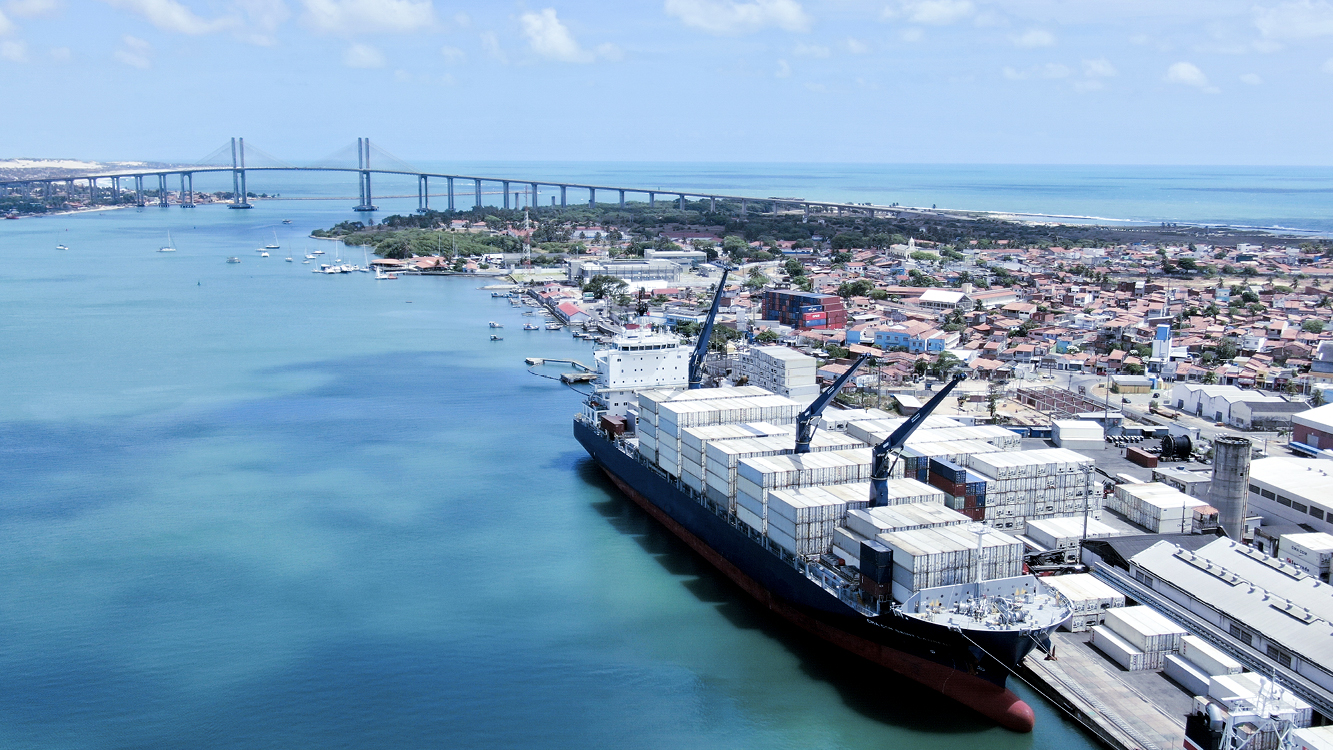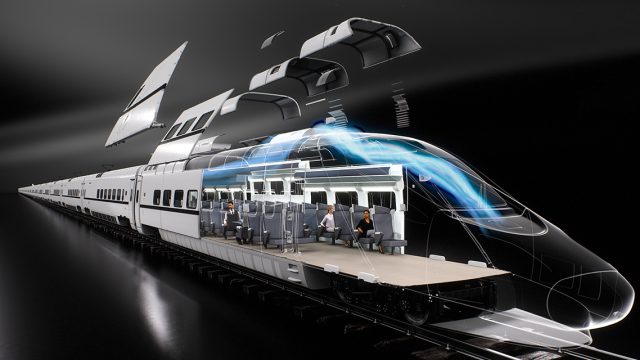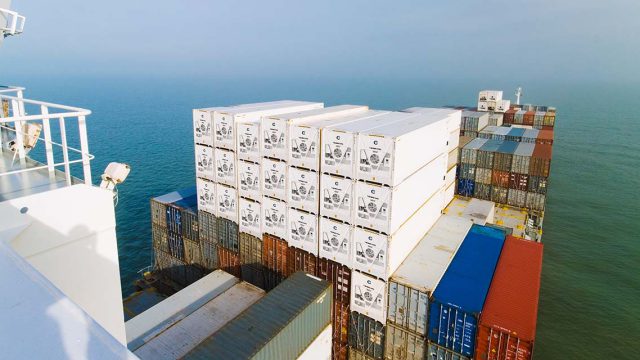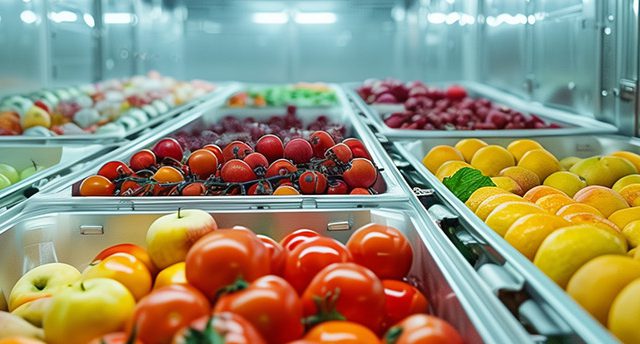Outlook 2024: anticipating the year ahead in marine reefer shipping
Trend spotting

For the biggest trends influencing the marine reefer industry’s expectations for the coming year, 2 in particular stand out:
Trend 1: the on-going focus on sustainability
Here, the main emphasis remains on CO2 footprint, and managing this as an end-to-end lifecycle concern. It’s therefore unsurprising then that the long-term viability of reefer refrigeration technology is increasingly being measured by:
- The refrigerants and materials used, their recyclability, and the availability of remanufactured parts
- The importance of reliability and the role this plays in reducing food waste, which remains a huge source of CO2 emissions
- An ability to deliver unbroken end-to-end refrigeration from farm to fork, supported by telematics to prove the efficacy of day-to-day coverage.
Trend 2: a seismic shift in cargo types
Here we are continuing to see a significant fall in the demand for dry cargo, with growth set to remain low in 2024. In its place comes the ever-growing need for fresh or frozen food products. A reality that’s a direct consequence of rising standards of living across the globe, which in turn is causing a change in eating habits (for example, demand for fish is predicted to almost double by 2050) – while also raising expectations for food quality.
Tackling sustainability
The desire for a greener marine industry obviously remains strong, yet progress is still being held back by a lack of legislation on the ideal refrigerant to standardize around. Put simply, refrigerants like R134a (the most common currently in use) have a high environmental impact. Yet without international agreement on the best option to champion, the introduction of greener solutions is still compromised by a lack of direction.
That said, progress is expected in 2024, with the Container Owners Association (COA) due to publish its conclusions, in liaison with international regulatory bodies, on a preferred refrigerant for the industry to utilize.
In the meantime, Thermo King has long been experimenting with alternate refrigerants. Our goal being to anticipate the COA’s findings, and to continue offering technologies that are either directly compatible with different refrigerants – or require minimal modification.
Not that we’re finished there, as our technology is also addressing other critical aspects of the ‘sustainability puzzle’, including:
- The need to reduce a reefer’s power consumption with ship owners looking to cut the number of generators on each vessel (from which reefers recharge), Thermo King is aiming to cut reefer power needs by 30% from today’s levels
- The need for environmental telematics: where our Connected Solutions are serving up insight into emissions and power consumption, as well as atmosphere controls to help optimize the condition of foodstuffs on delivery
Helping meet the demand for fresh and frozen
This is a task that is of course also heavily tied in with the sustainability challenge, as helping logistics firms offer more refrigerated capacity has to be done so in the greenest, most cost-effective way possible.
In addition, there’s are also technical hurdles to overcome. Particularly the need for greater electrical coverage, when it comes to moving refrigerated reefers by electric truck and genset over long distances. Here, Thermo King continues to serve up innovations and product enhancements to help ensure our customers are leading the way in performance.
For example:
- Available in 2024 will be a fully electric genset powered by E-Coolpac that can operate a reefer for up to 24 hours.
- A new controller for the Container Fresh & Frozen unit will enable optimal functionality with even lower emissions – while maintaining superior temperature control
- Continued development of the SG5000 genset will ensure better performance with lower diesel consumption to maintain CARB compliance into the future
This is unique technology that further extends the versatility of Thermo King’s product range – and our ability to support the widest range of temperatures from -70°C to +40°C.
Head into 2024 with confidence
With refrigerated sea transportation expected to grow by 6.8% next year, the industry’s outlook certainly seems healthy. Challenges remain, but with Thermo King, you have the technologies needed to succeed. You can find out more here.
Other relevant articles that might interest you

Rail
The future of Thermo King Rail HVAC.
As inner cities and highways become ever more traffic-clogged, the demand for safe, sustainable modes of …

Marine
Thermo King’s RMM+ Telematics: Transparently Reliable.
Focused on the leasing of refrigerated container units, Braun provides value-added transparency to customers using Thermo …

